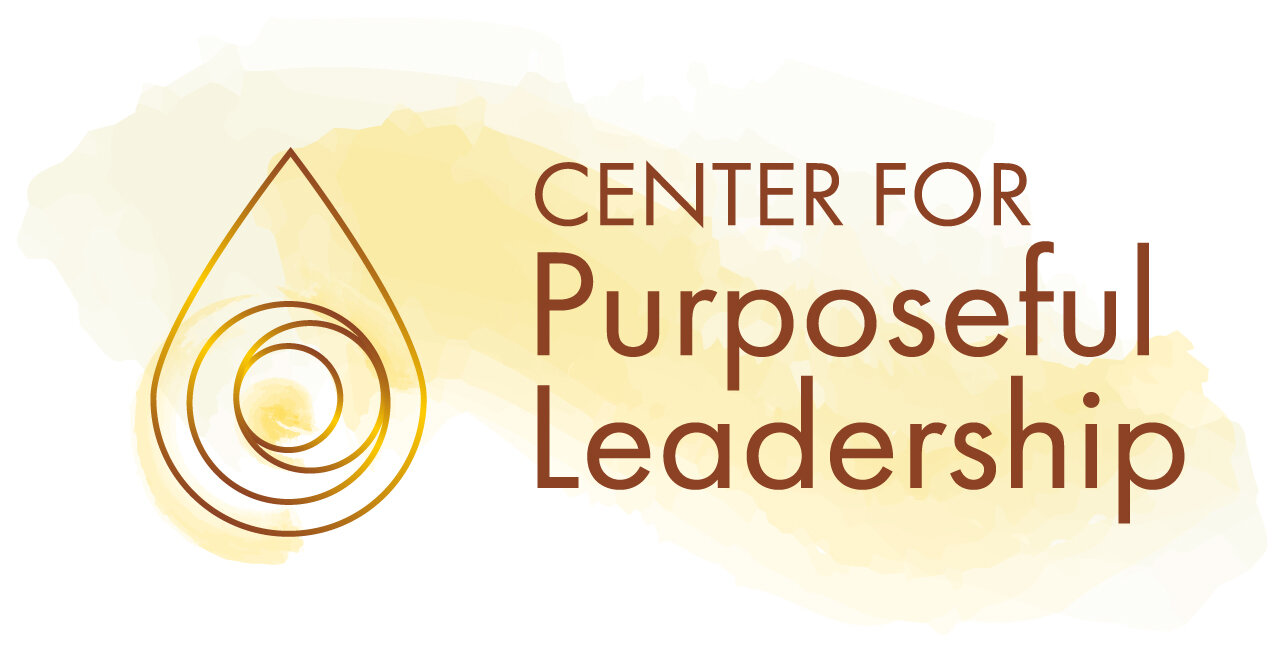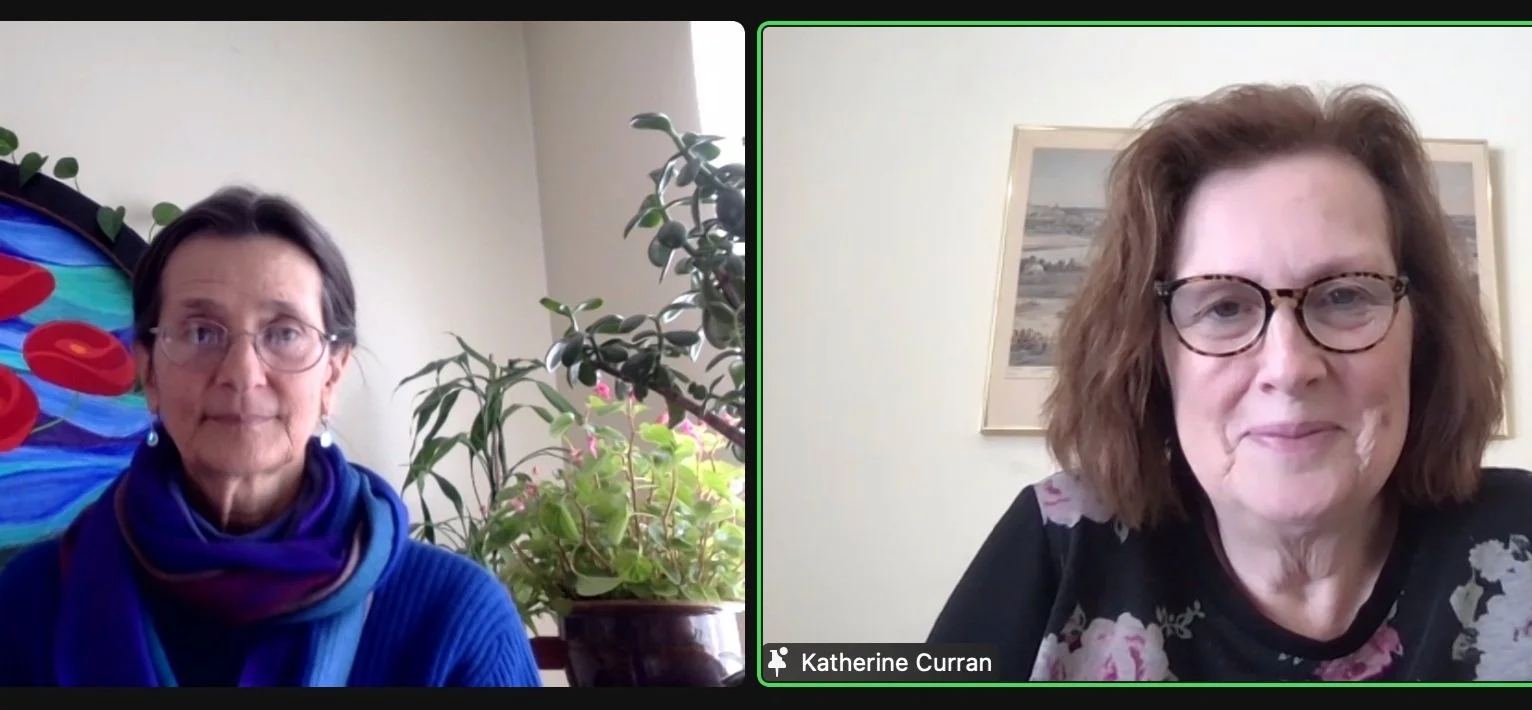3/21 Essential Conversation: Voices from Ukraine, Part II
with Tatiana Riabokin DC and Katherine Curran PhD
Add to your Calendar:
Monday, March 21, 2022
8:00 AM - 9:30 AM CT US
Google Calendar - ICS
Interview with Tatiana Riabokin DC and Katherine Curran PhD
History of Ukraine and Russia
Cruel efforts under Stalin to impose collectivism and tamp down Ukrainian nationalism created the Holodomor, or Ukrainian famine. At the height of the 1932-33 Ukrainian famine, starving people roamed the countryside, desperate for something, anything to eat.
The Holodomor, a combination of the Ukrainian words for “starvation” and “to inflict death”—by one estimate claimed the lives of 3.9 million people, about 13 percent of the population. And, unlike other famines in history caused by blight or drought, this was caused when a dictator wanted both to replace Ukraine’s small farms with state-run collectives and punish independence-minded Ukrainians who posed a threat to his totalitarian authority.
In those days, Ukraine—a Texas-sized nation along the Black Sea to the west of Russia—was a part of the Soviet Union, then ruled by Stalin. In 1929, as part of his plan to rapidly create a totally communist economy, Stalin had imposed collectivization, which replaced individually owned and operated farms with big state-run collectives. Ukraine’s small, mostly subsistence farmers resisted giving up their land and livelihoods.
Eventually, when the Soviet Union collapsed in 1991, Ukraine finally became an independent nation—and the Holodomor remains a painful part of Ukrainians’ common identity.
Ultimately, although Stalin’s policies resulted in the deaths of millions, it failed to crush Ukrainian aspirations for autonomy, and in the long run, they may actually have backfired. “Famine often achieves a socio-economic or military purpose, such as transferring land possession or clearing an area of population, since most flee rather than die,” famine historian de Waal says. “But politically and ideologically it is more often counterproductive for its perpetrators. As in the case of Ukraine it generated so much hatred and resentment that it solidified Ukrainian nationalism.”
-
Stalin already had arrested tens of thousands of Ukrainian teachers and intellectuals and removed Ukrainian-language books from schools and libraries. A grain shortfall was used as an excuse for even more intense anti-Ukrainian repression. The 1932 decree targeted Ukrainian ‘saboteurs,’ ordered local officials to stop using the Ukrainian language in their correspondence, and cracked down on Ukrainian cultural policies that had been developed in the 1920s.
-
The Russian government that replaced the Soviet Union has acknowledged that famine took place in Ukraine, but denied it was genocide. Genocide is defined in Article 2 of the U.N. Convention on the Prevention and Punishment of the Crime of Genocide (1948) as "any of the following acts committed with intent to destroy, in whole or in part, a national, ethnical, racial or religious group.” In April 2008, Russia's lower house of Parliament passed a resolution stating that “There is no historical proof that the famine was organized along ethnic lines.” Nevertheless, at least 16 countries have recognized the Holodomor, and most recently, the U.S. Senate, in a 2018 resolution, affirmed the findings of the 1988 commission that Stalin had committed genocide. text goes here
Poem for Ukraine
Greetings, World!
I know you are watching us -
I know that your eyes are on Ukraine.
I know that what you see makes you ill-at-ease.
You drop your gaze,
You look away.
You cannot watch as we cover our children
With our bodies – protecting them
From non-stop rocket barrages.
And when, once again,
You gather up the courage to
Look again –
You are struck –
Who are these people?
These Ukrainians??
This Ukraine???
They pour volleys of lethal hailstorms upon Her!
And yet, She Stands.They cover her with flying rocket fire!
And still, She Stands.From all sides, clanging tanks attack her!
Still, She Stands.From afar she hears:
“I am very sorry, and
We are deeply concerned,
But….”
#)($&! “Do what you need to do. I have to go now and
Shoot down another enemy aircraft…”
They are aiming nuclear weapons between her eyes,
She keeps mixing up Molotov cocktails….
The World is holding its breath,
It’s buying up iodine…
Yet, Ukraine Stands.What is She made of? This Ukraine??
What kind of steel???
What was in the milk of her mothers????
What are they feeding these
Thousands of volunteer fighters?????
You know….
Actually, you do not know.
Actually, neither did we,
Until this day,
Until this day even we did not know
That we had such might, such strength,
And such love.
It was always there,
Lying under the ruins wrought upon us
By decades of Evil invaders.
Lying under the ruins, quietly –
The white plumage of the
Dove of Peace,
The roots of the Tree of Love.
Lying.
And waiting.
Waiting -
To burst forth. With Love.
Yes, dear World,
With Love.
Fear – that is what you, dear World, are feeling.
What we feel is somewhat different –We feel Fury –
For every child killed.
For every mutilated life.
For every scorched city and town.
For every ruined dream.
And this Fury –
This Fury gives us strength.We feel Freedom.
For the first time –
The taste of Freedom
So clear and strong!
Naked, vulnerable, and at the same time
POWERFUL.
And this Freedom –
This Freedom give us strength.We feel Love,
God! How we are feeling love!
There is no more “ours” and “theirs”
We are all completely and totally related!
Millions of helping hands are purposefully
Working together to clear a path to Peace!
A million helping hearts , each in his own way.
Building a path to Peace.
And this Love.
This Love gives us strength.Therefore, dear World,
Be not afraid.
We are on guard.
We are taking the first watch.
Allow me to answer
The question
You so fear to ask:
“Yes,
Spring will come again,
And it shall be
Blue and Gold.
It will come,
Whether or not you fear.”Olena Pshenychna ( transl.T.Riabokin)




